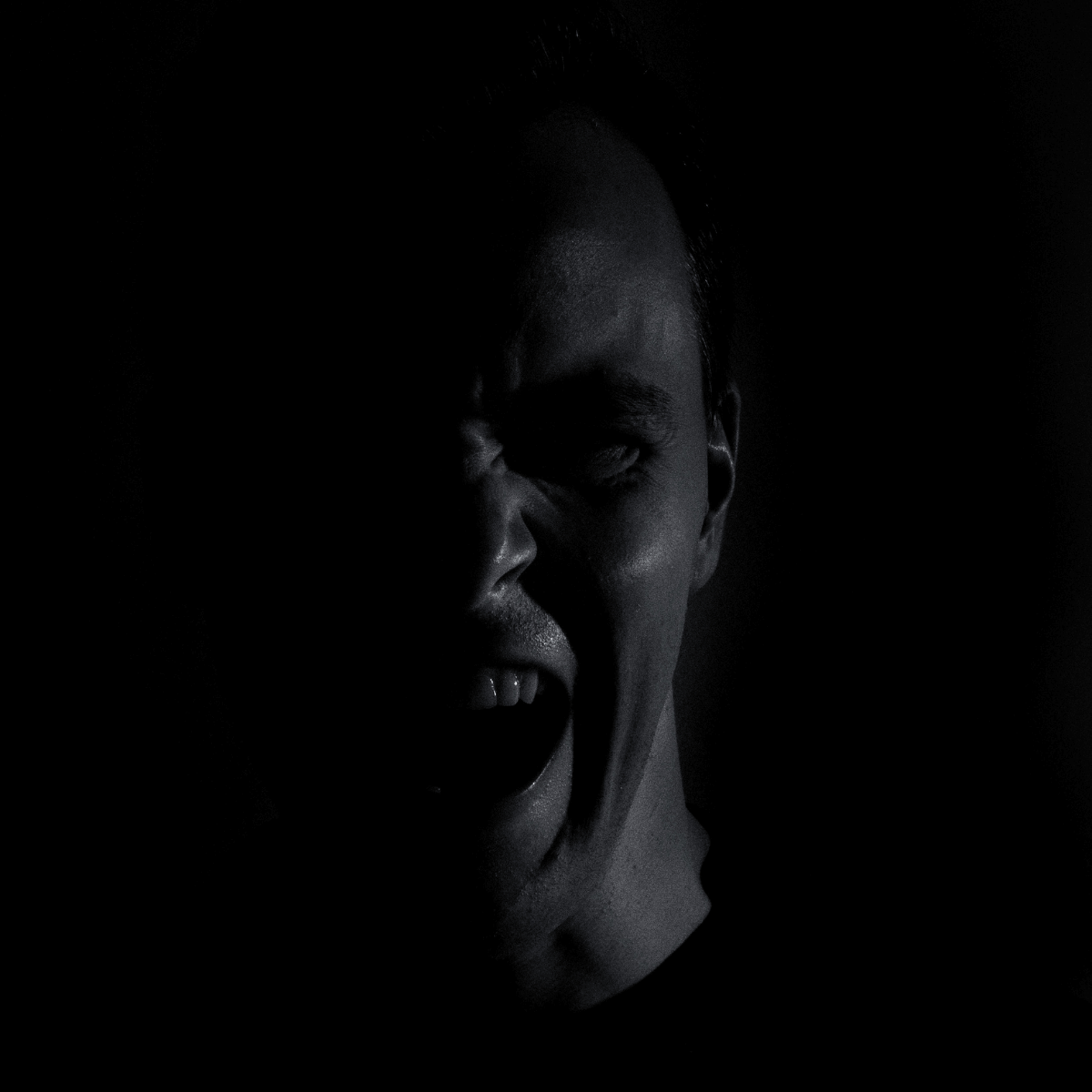
Honey, honey…
Why you should stop fearing good sugars and start taking honey more seriously.

"Your heart knows the way, run in that direction."
Due to romantic Hollywood stories, listening to one's heart is often equated with being compulsive and not thinking with one's head. This couldn't be further from the truth. Listening to one's heart means being faithful to one own's truth and following it as often as possible. It means living at peace with oneself.

"I thought you would make a great mother"
When my daughter was born, I contacted a friend in Austria to let her know I had given birth (she herself has three children). She congratulated me and said something quite interesting: "I was thinking of you the other day and said to myself that it was a pity you didn't have any children as you would make a great mother".
I found that statement quite interesting. She did not take into account whether or not I wanted to have children. If I do not wish to have any and wish to devote my life to my career or whatever else I may be interested in, then I would not make a good mother despite her seeing me as caring and motherly at times.

Killing you softly - the effects of toxic advertising
Author and critic Jean Kilbourne best known for her documentary Killing Us Softly explains how subconscious messages in food and image related advertisements can have a negative impact on our self-worth and our relationship with food.

Endometriosis - hormone therapy overview
Endometriosis is an estrogen dominant condition which means that estrogen and progesterone (sex hormones which regulate our period) are out of balance. Estrogen is essential for normal reproductive development in women. Our ovaries make most of the estrogen hormones although fat cells and adrenal glands can also produce small amounts. It is thanks to estrogen that our breasts grow, and our hips become wider. It plays a role in bone development and hair growth, and it also helps to regulate the menstrual cycle, so it has a role to play in getting pregnant. Estrogen can also affect our mood.

Endometriosis - an invisible disability
Clara is a 27-year-old woman who lives with endometriosis on a daily basis. The condition can be so debilitating at times that she struggles to get out of bed.
Endometriosis is a reproductive system condition where tissue similar to the lining of the uterus grows on other organs. It can be extremely painful and cause heavy bleeding. In addition, it can cause severe anxiety, reduced fertility or infertility. Endometriosis can impact the person's ability to walk or stand up. When this happens, Clara is forced to use a wheelchair.

Next time you reach for a bag of candy, think twice - insulin resistance is a real problem
Insulin resistance causes our body to start resisting or ignoring the signal the insulin is trying to send to cells. This causes the levels of insulin to increase because the pancreas is forced to produce more of it in order to signal our body cells to take glucose out of the blood stream. Increased insulin levels can lead to Type 2 diabetes, weight gain and heart disease. In addition, it is also an underlaying physiological driver of PCOS.

What influences fertility?
According to the Department of Health, one in six Australian couples experiences fertility issues. In addition, infertility in Australia is rising. Please read on below to learn about a number of social and medical factors that may influence this.

The Happy Beginning
I am 42 years old, and the pregnancy was natural. Herbal medicine had a lot to do with it, and I had decided from the moment we decided to have a baby that I would not use IVF. I have nothing against it, and there is many a woman who ended up having their miracle pregnancy through IVF. It can also be quite a draining experience, physically, emotionally, and financially. There is no guarantee that it will result in a successful pregnancy. There is no guarantee with herbal medicine either, but it is gentler on the soul and the body.

Give yourself some TLC
One of the advantages of getting pregnant at 41 is that I’m not as vain as I used to be in my youth. So, after having given birth and while recovering from a major surgery, I decided to feel grateful that my wonderful body had supported me through all of that and to enjoy myself. Every day, I would shuffle from my bed to the kitchen and enjoy the smell of the Wonder White toast while preparing my snack.

“Hang in there, mum!”
With your little one, you'll often share moments of pure bliss and occasionally deep despair when they cannot seem to stop crying regardless of what you may have attempted to make the crying stop. We have all heard of 'colic' and 'the witching hour'. Colic is excessive and frequent crying, and babies with colic do not seem to have an underlaying medical condition. The cause of colic in a well-cared for and otherwise healthy baby is unknown. The witching hour normally starts in the late afternoon when you may be feeling tired and not up to the task of soothing your baby before you put them to bed.

How does menstrual cycle work?
Women’s menstrual cycle lasts up to 28 days. It starts with the first day of the period (period bleeding is called menorrhea) and ends when the next period begins. It can be divided into two phases: The first phase leads up to ovulation. It prepares an egg to be released from one of the ovaries, and it builds the lining of the uterus. The second phase prepares the uterus to accept the fertilised egg or to start a new cycle if there is no pregnancy. Where no pregnancy takes place, a new period starts, making the beginning of the next menstrual cycle.